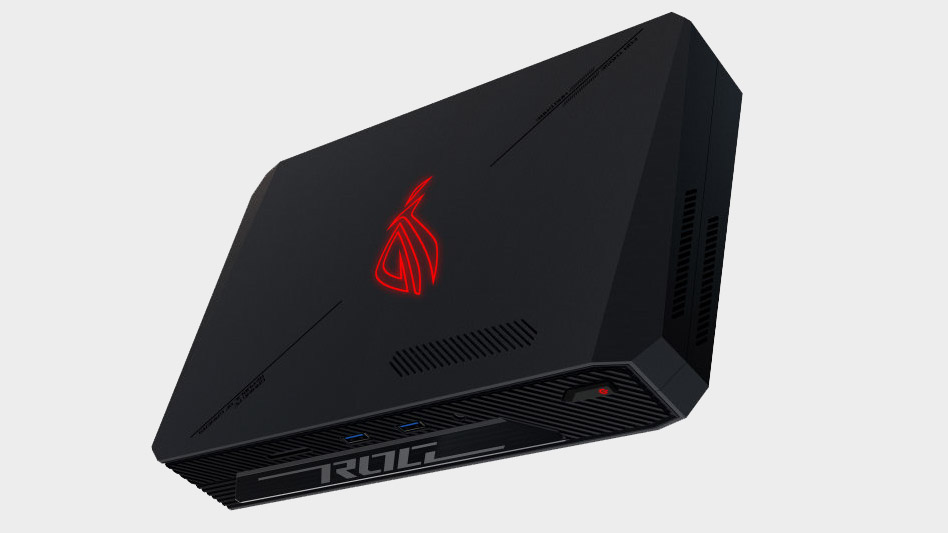
Asus introduced its first ROG NUC back at CES 2024. We got a look at the device itself and some launch specifications, but pricing and release date were not revealed. Thanks to a pre-order listing from a European retailer, we now have a pretty good idea of both Pro shop (above NotebookCheck).
The listing reveals an introductory price of €2,500. This is for the high-end version, which comes with an Intel Core Ultra 9 185H CPU and an RTX 4070 laptop GPU. This SKU features 2x16GB DDR5 memory and a 1TB SSD. Proshop's listing points to a release date of April 10th.
€2,500 is a lot of money. At this price, this configuration is unlikely to be at the top of the bestseller list. Fortunately, there will be at least one cheaper version available. Accordingly Asus product pageThere will also be a variant with a Core Ultra 7 155H processor and RTX 4060 graphics.
As a die-hard fan of small form factor PCs, I would be happy to own a ROG NUC, even if the €2,500 price tag makes it difficult to buy when you could build your own Mini-ITX PC for much less money.
Price aside, the 2.5-liter ROG NUC looks like an impressive little piece of kit. The technical specifications of the device are not too demanding when it comes to cooling and noise levels should not be a problem. It holds up to 64GB of DDR5 SO-DIMM memory, three PCIe Gen 4 SSDs, and features WiFi 6E, 2.5GB LAN, and Thunderbolt4/USB4. The latter supports DP 2.1, which along with dual DP 1.4a and a single HDMI port means the ROG NUC supports up to four displays.
The ROG NUC is the first Asus NUC after announcing its partnership with Intel. Both companies agreed to an agreement whereby Asus will sell and support 10th to 13th generation NUC product lines, while granting Asus a non-exclusive license to develop systems such as the ROG NUC.
The ROG NUC is the first of what we hope will be many Asus NUC devices to come. Strix or TUF gaming NUCs are possible, but there are other interesting options too. Business NUCs, or perhaps some sort of Zen or Vivo NUC at some point in the future, are certainly possible too. Assuming that some of them come with integrated Intel


